How do you achieve the overall physical and mental recovery for postoperative breast cancer patients? -- Dragon Boat Festival Patient Health Education Salon held by Health Information Center of Tianjin Medical University Cancer Hospital
During the Dragon Boat Festival the Health Information Center of Tianjin Medical University Cancer Hospital held a health education activity for postoperative breast cancer patients with the theme of "How do you achieve the overall physical and mental recovery for postoperative breast cancer patients, with the aims of helping patients to have a better understanding about breast cancer prevention, reducing the patients psychological burden and improving the patients' quality of life".
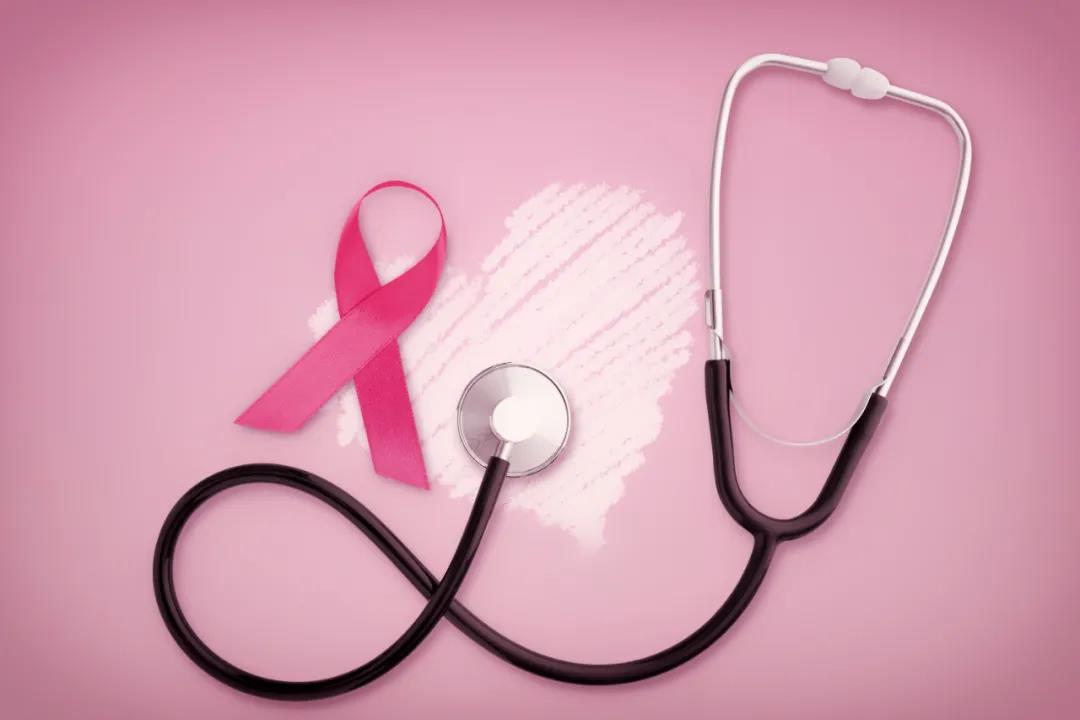
During the treatment and rehabilitation period, cancer patients are concerned about how to cooperate with the treatment regime, prevention of complications, psychological adjustment, diet, and exercise. However, there are other questions that many cancer patients and their families face, e.g. what should be done for patients after surgery, chemotherapy or radiotherapy? With the support of Head nurse Li Peng, this activity invited Ge Jie, chief physician of the first department of breast cancer; Liu Ying, national second-level psychological consultant of the Psychological Professional group; Wu Peipei, international lymphedema therapist; and Liu Xinxin, teacher from the Health Information Center. They gave a series of wonderful on-site lectures to patients and answered their questions individually.
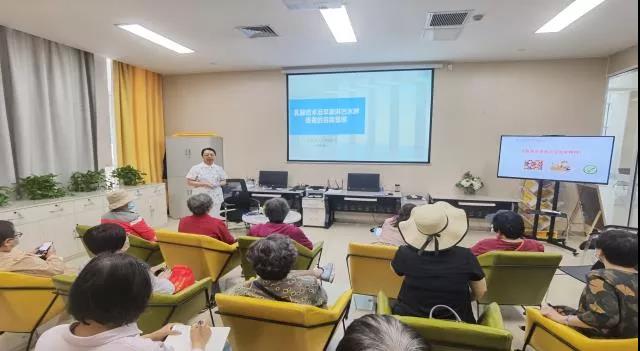
Director Ge Jie gave a step by step explanation of the operation, chemotherapy, radiotherapy, targeted therapy and endocrine therapy of breast cancer, and advised patients on how to prevent and manage postoperative complications, so as to improve patients' treatment compliance.
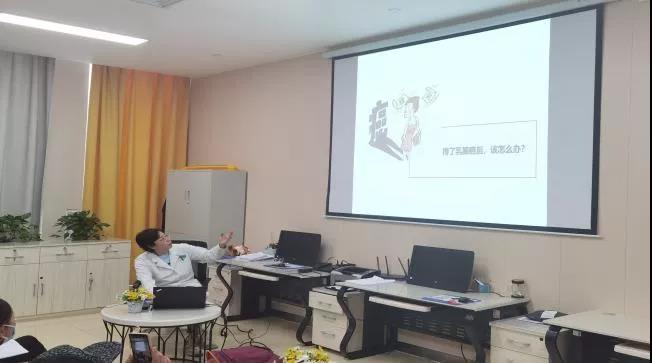
Teacher Wu Peipei taught self-management for patients with early lymphedema after breast cancer surgery, and demonstrated the selection and use of self-manipulative drainage and elastic sleeve, so as to improve patients’ awareness of self-management for those with lymphedema.
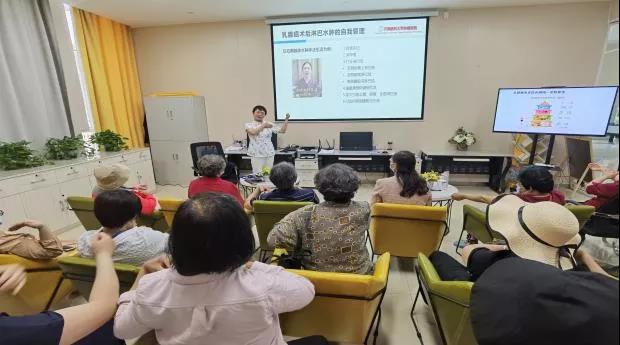
Teacher Liu Ying encouraged patients to express their innermost feelings by means of a questionnaire survey and painting, and carried out targeted psychological interventions, proving be a good spiritual mentor for patients on their journey to recovery and promoting their physical and mental healing.
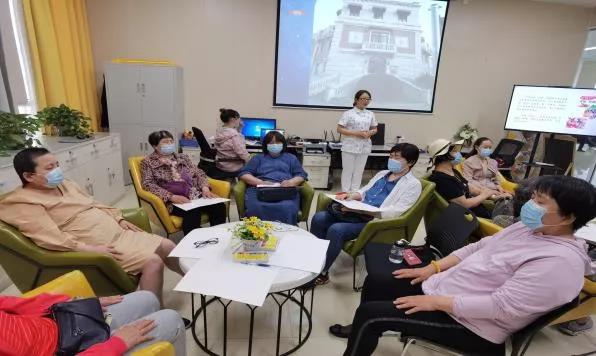
Teacher Liu Xinxin provided health education for common problems during home care for postoperative breast cancer patients, reminded patients to contact relevant professionals to enable timely intervention when symptoms are found, and to enhance continuing postoperative care.
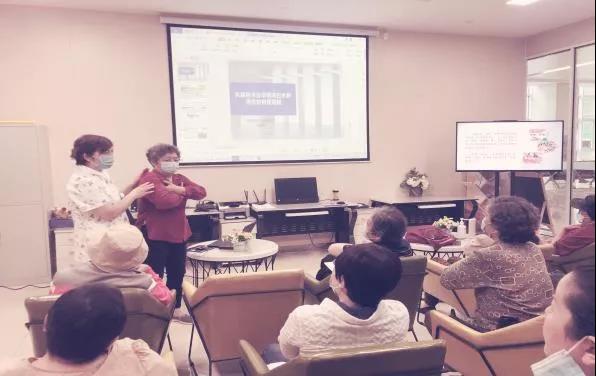
Due to the epidemic restrictions, only 20 breast cancer recovery patients were invited to the salon. The activity lasted for three hours and the patients were very amenable. We listened to them carefully and asked and answered questions in an interactive manner. After the meeting we were widely commended for the activity. Patients said that this had made them feel that the hospital cared for them, they had learned a lot about cancer treatment and rehabilitation, and now had increased confidence in overcoming the disease.